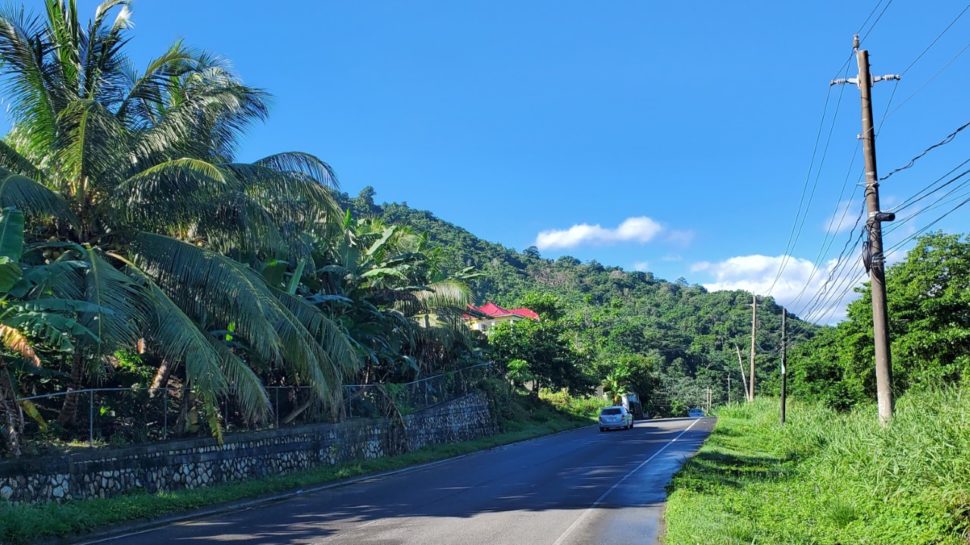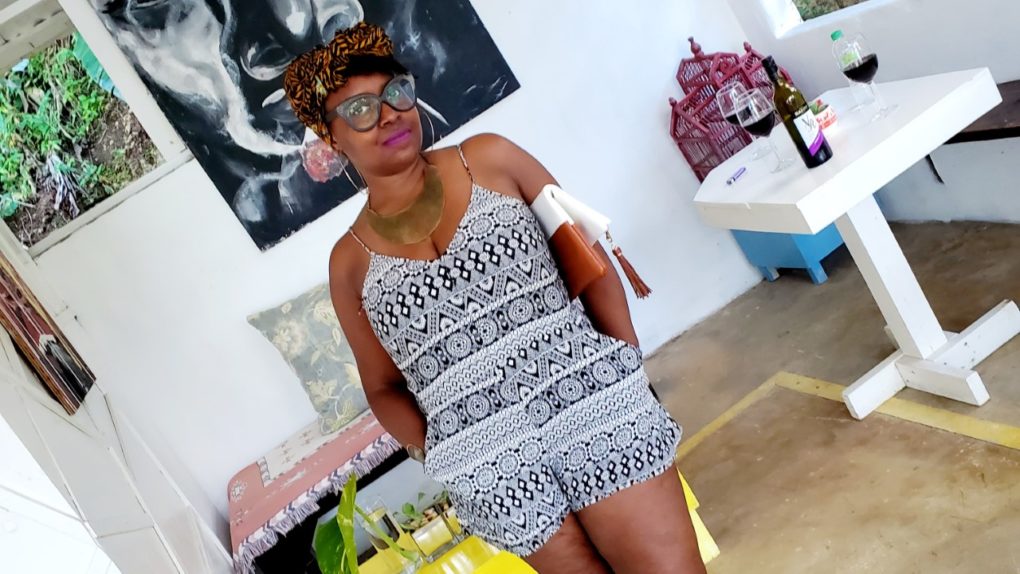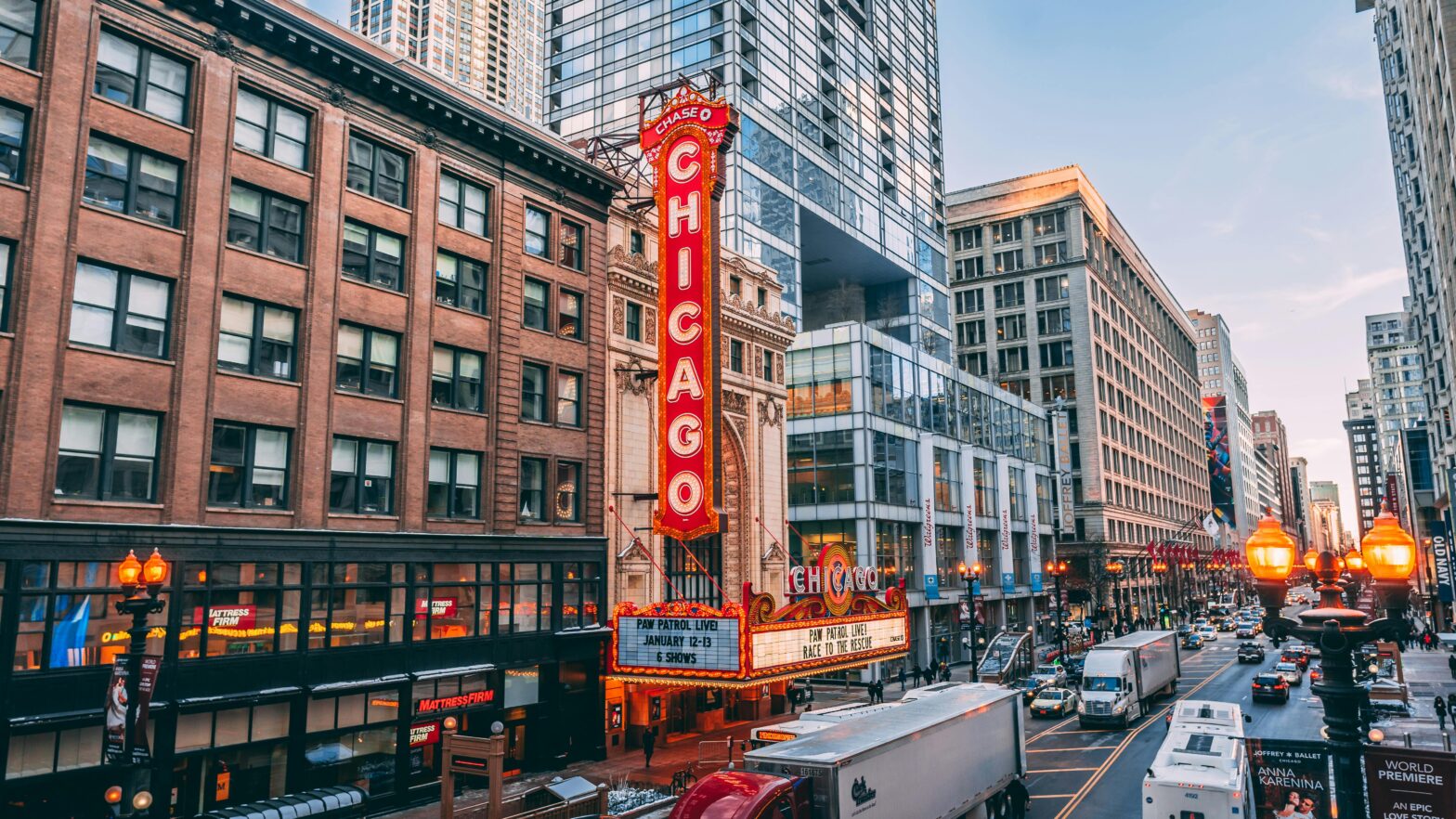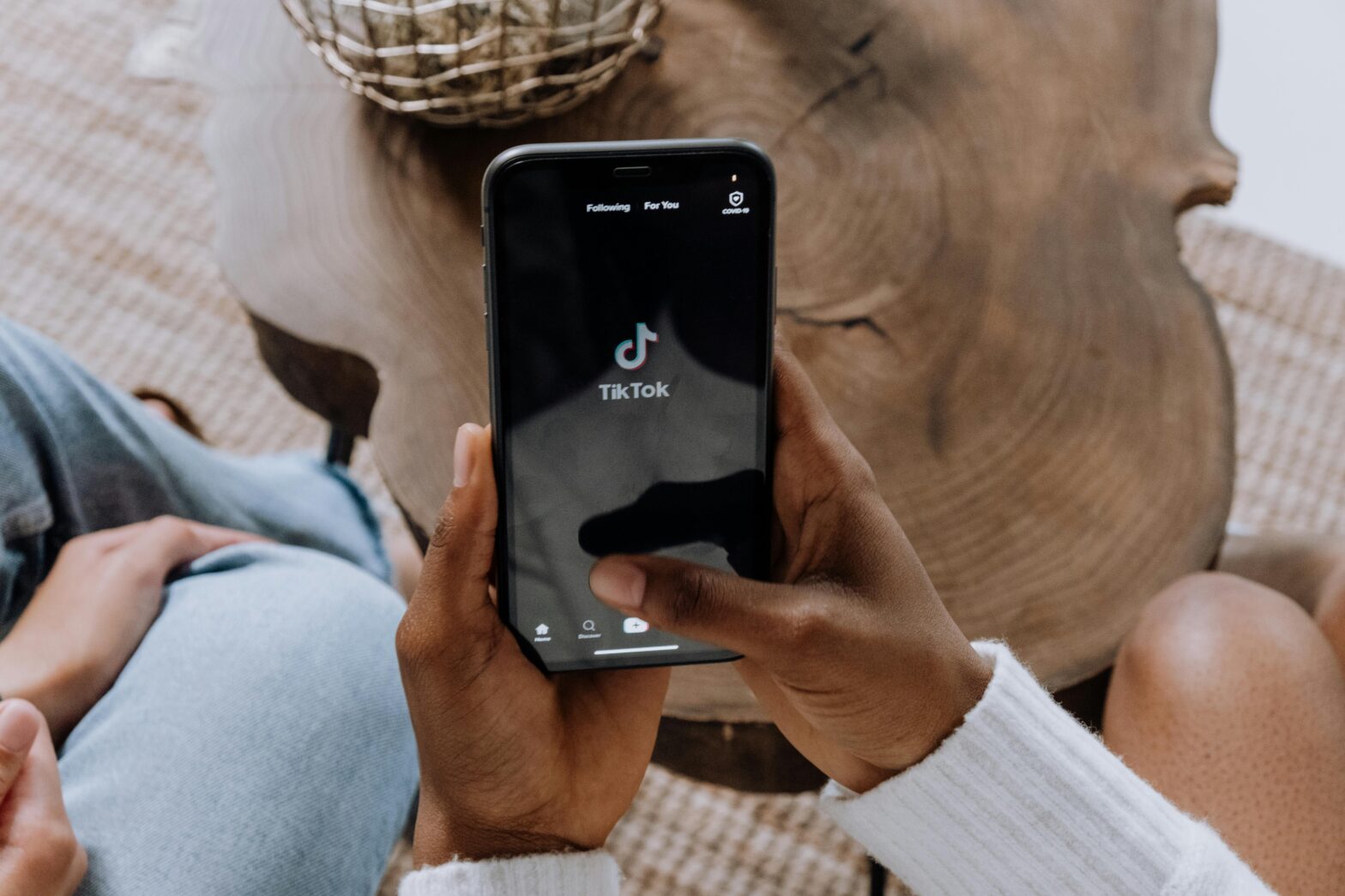To say that The United States has been inhospitable to Black people is an understatement, but it can account for the increase in desire to become a Black expat. While there have been some improvements, the systemic challenges facing our community today aren’t dissimilar to the ones preceding generations encountered.
Simply packing up and leaving might not be feasible or palatable to all, since white supremacy and its byproduct, colorism, have global impact. But the vitriol of The United States towards Black people is quite unlike anywhere else; insidious, pervasive, and absolutely deliberate.
Systemic racism is a poison embedded in every thread of our tapestry, and we aren‘t likely to be free of it in our lifetime. Considering this, it comes as no surprise that Black people have thrown up their hands, disgusted with a nation that promises “freedom and justice for all,” with all kinds of conditions and exceptions in the fine print.
There are several reasons why more Black people decide to bid bon voyage to The United States and start life anew elsewhere. USA Today sites, “persistent racism, police brutality, and economic struggles,” and the political strife of the last four years, including a worrying rise in white supremacist activity, signaled yet another breaking point. Another driving factor is exasperation with hustle culture, which demands 24/7 “performance” with very little decompression time, not to mention unlivable wages.
Facebook and other social media outlets enable Black people to connect with others wanting to take the plunge, and those who already have. This establishes a sense of community in advance, which can help make the transition to a new country a bit easier.
New York resident Courtney Ragsdale shares insight on being a Black expat in Jamaica, where she currently resides with her husband, Jeffery.

TN: Why did you leave New York to become a Black expat? Was there a particular “breaking point” you’d like to share that inspired your decision?
Courtney: COVID-19 had just hit about 7 months prior to our leaving New York City. My husband was a chef, so he was laid off at the beginning of the pandemic. I was working a dead-end, unfulfilling job that was literally costing me my mental health. Realizing how fleeting life is, we decided it was now or never.
TN: Have you experienced culture shock?
Courtney: I did not, because I was pretty familiar with Jamaica— the real Jamaica, not resort life, from previous visits. My husband, on the other hand, had some adjusting to do, but he eventually acclimated.
TN: Why did you choose Jamaica over other countries?
Courtney: I started visiting Portland, Jamaica in 2013 and immediately fell in love with it. I felt at home right away and always knew I would eventually live here.
TN: What research did you do before your move? Did you have a financial plan based on the cost of living as a Black expat? Did you consider looking for jobs within the Jamaican system based on your training/field of profession, or did you predetermine that you had the skills to make a living working from anywhere in the world?
Courtney: I knew that we shouldn’t, nor wanted, to find jobs on the island. This was a perfect opportunity to flex our entrepreneurial muscles. I already had an e-commerce business, and plans to start at least 2-3 more businesses with my husband. We researched the cost of living, and compared to what we were paying in New York City, we knew we could make it work with some planning and budgeting.
TN: Can you comment on the food quality in Jamaica versus what is available in The United States?
Courtney: Huge difference! The food is fresh, free from pesticides and GMO. Even the eggs taste different. Produce spoils very quickly because there are no preservatives, which is great. I just make sure I eat whatever I buy right away. I learned that lesson the hard way!
TN: How have you found a sense of community as a foreigner?
Courtney: I already had a small network here, but I met many wonderful Black expats through Facebook groups and Instagram. There are so many Black Americans moving to Jamaica right now. It’s so encouraging to have like-minded people to share this journey with.
TN: How is your Jamaican Patois coming along?
Courtney: Horribly *laughs*. I have always been bad with accents in general, but Patois is a whole other ball game. I’m working on it, though. I may have to ask someone to repeat themselves. Once they realize I’m not from here, they usually slow down for me and I appreciate that.
TN: What does an ideal and balanced day look like for you?
Courtney: I generally wake up around 5 am, the head to my Kemetic Yoga session around 6:30. After that, I’m pretty beat, so I relax and watch reruns of whatever show I’m currently binging for the 10th time. I then move on to designing a bag for my next collection, or writing a chapter or two for my next book. I don’t like to work for too long, so by 1, I’m usually heading out to the beach or river. Finally, I check out the local outdoor market for fresh fruit and veggies, then head over to my favorite open-air restaurant or bar for a drink while enjoying the sunset.
TN: Tell us about your new book- the title, what inspired it, and where it can be purchased.
Courtney: I decided to write my first E-book, From Exhausted To Expat: How To Quit Your Job & Move To Jamaica in 30 Days, because I wish I had something like this to help me prepare for my exodus from the States. It’s a step- by- step guide to freedom, complete with resources and links. It’s available now on Amazon.
TN: Where can people follow your expat adventures?
@blexpatinjamaica on Instagram.





